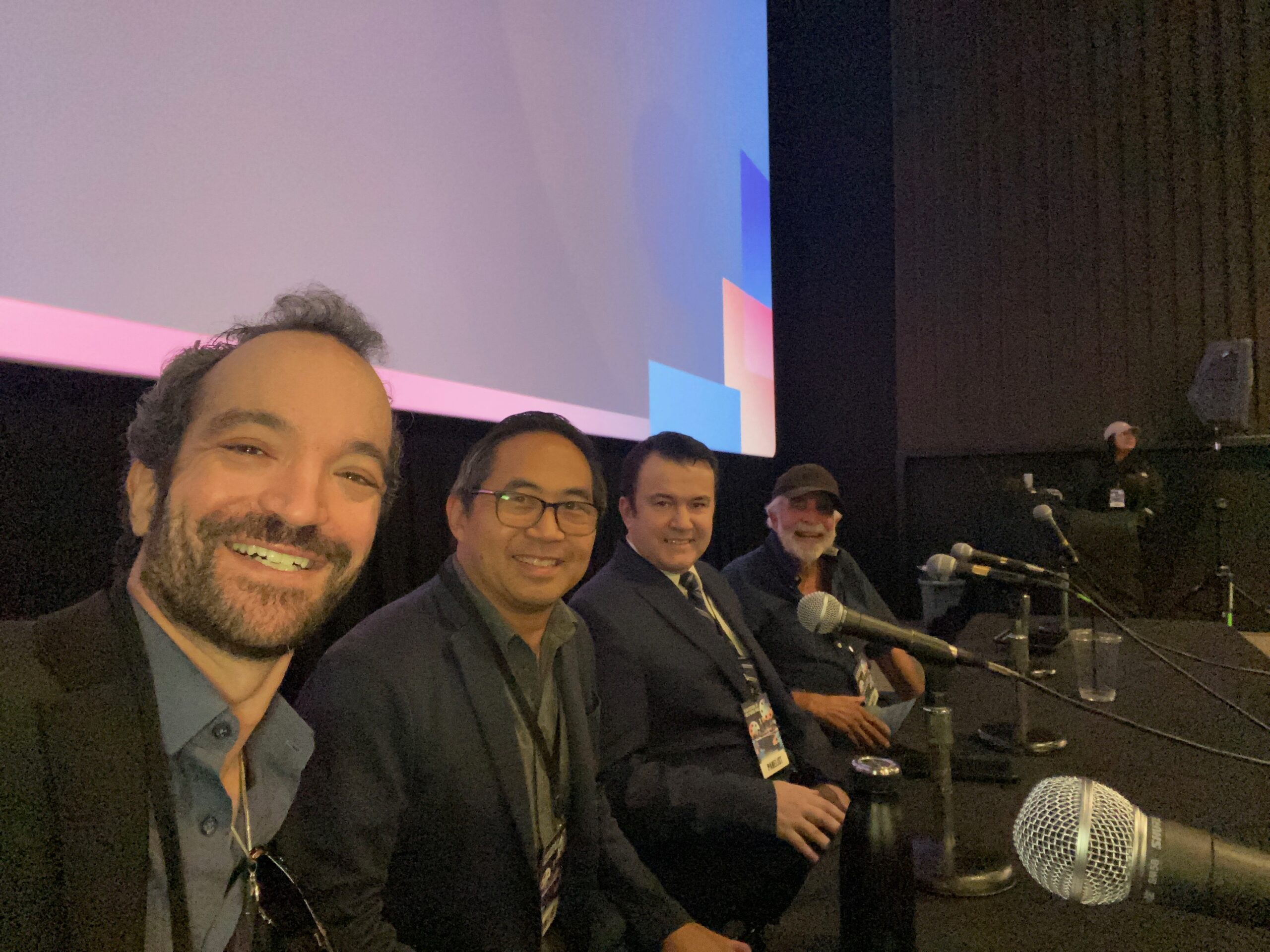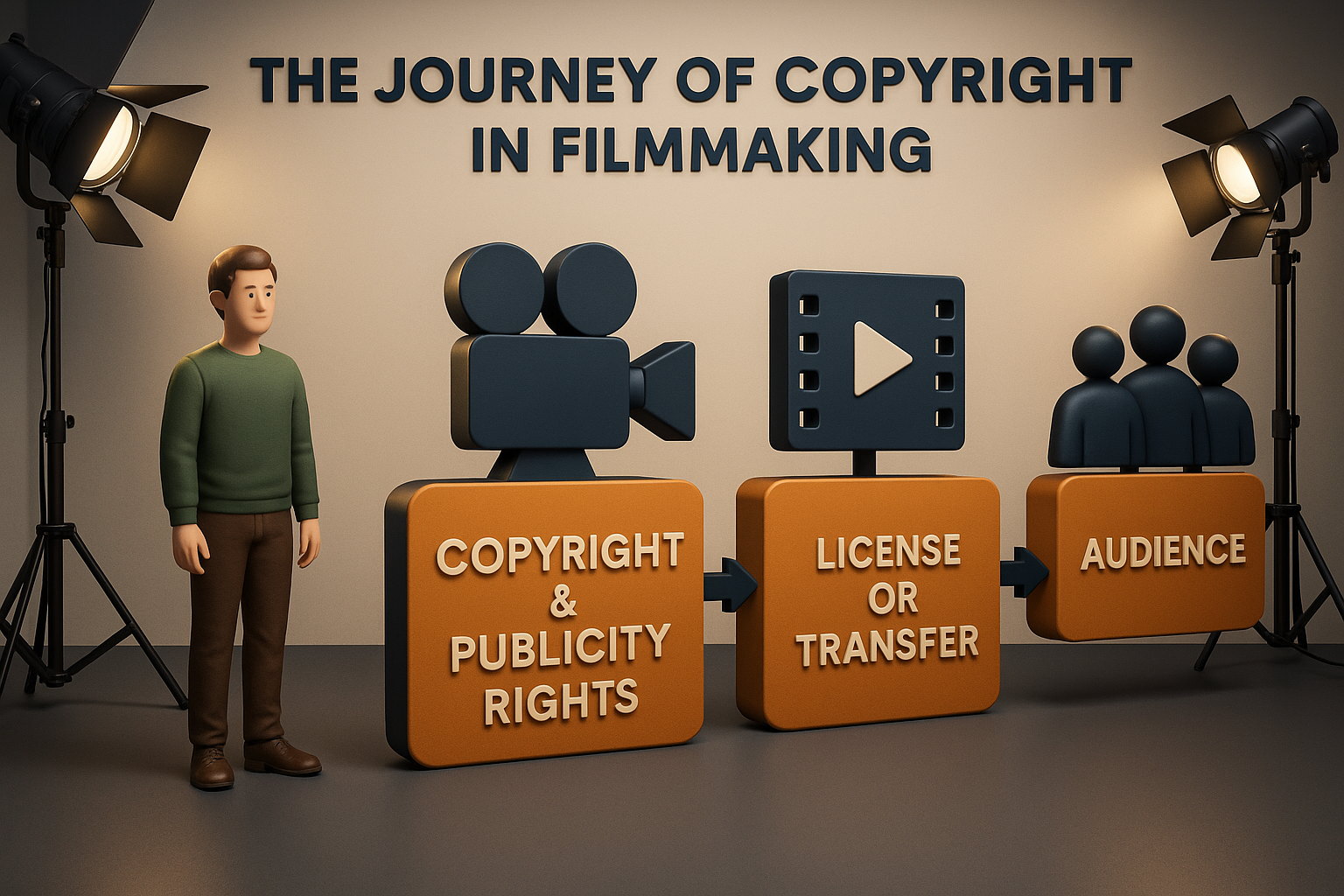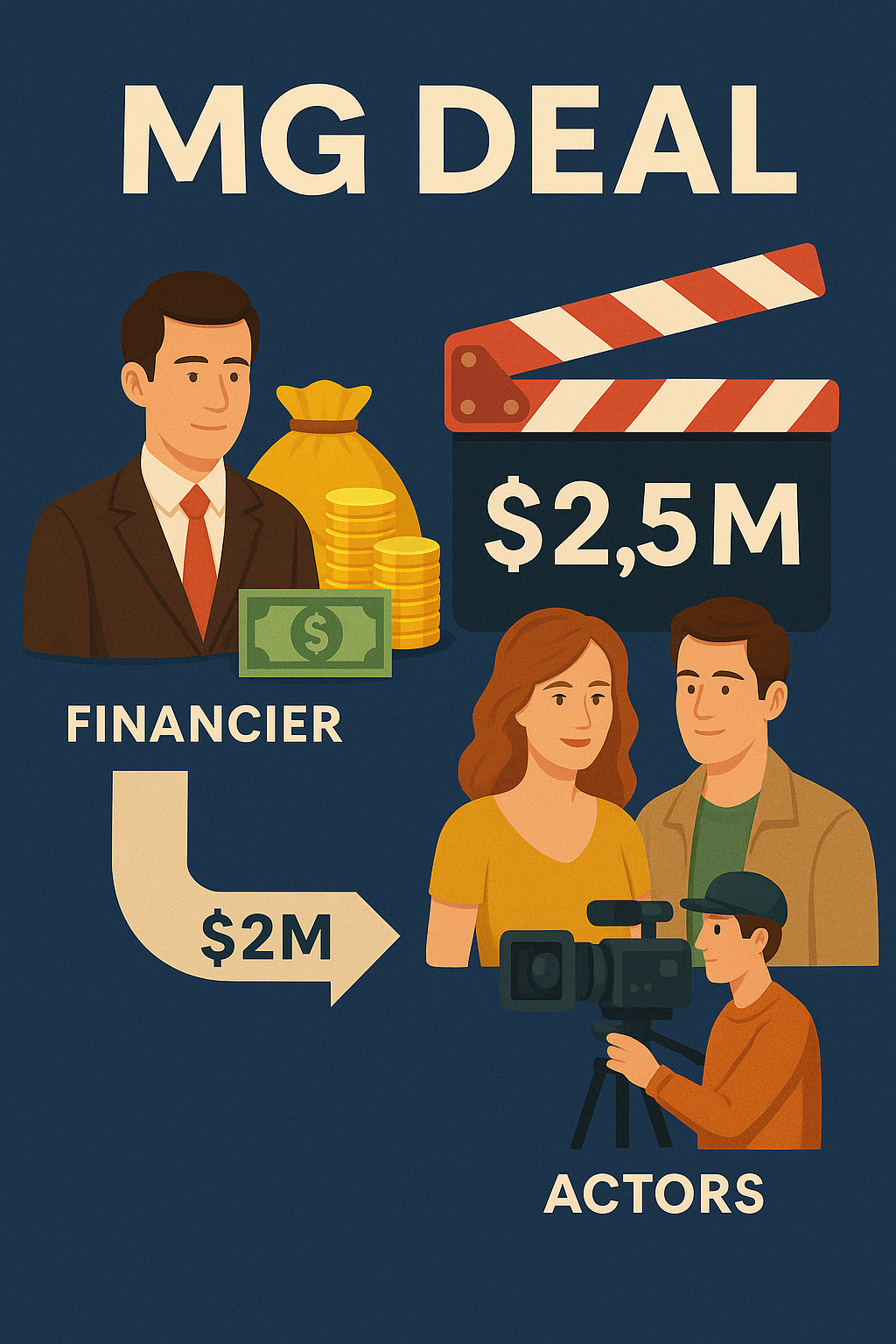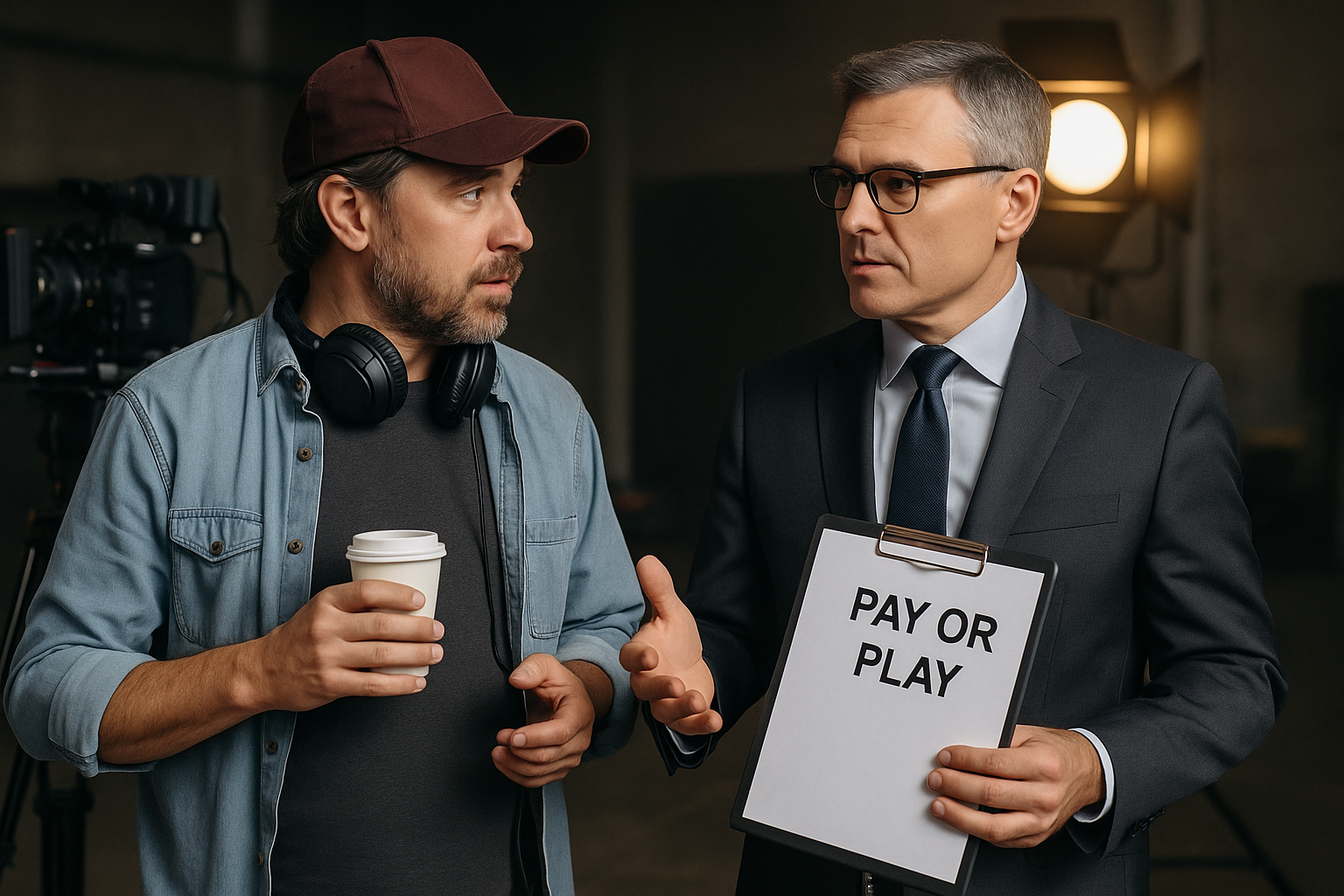Chain of Title, Title Reports, Copyright Reports, and Certificates of Clearance
During the Hollywood Park Film Festival in 2025, where I served as a panelist on the “Deal or No Deal” legal discussion, several filmmakers and producers approached me with detailed questions about title searches, copyright searches, and other intellectual property clearance issues. Many were surprised to learn that before a film can be distributed or insured, it must pass these legal checkpoints — verifying that its title is unique, its creative materials are properly licensed, and its ownership chain is complete....
Continue reading














